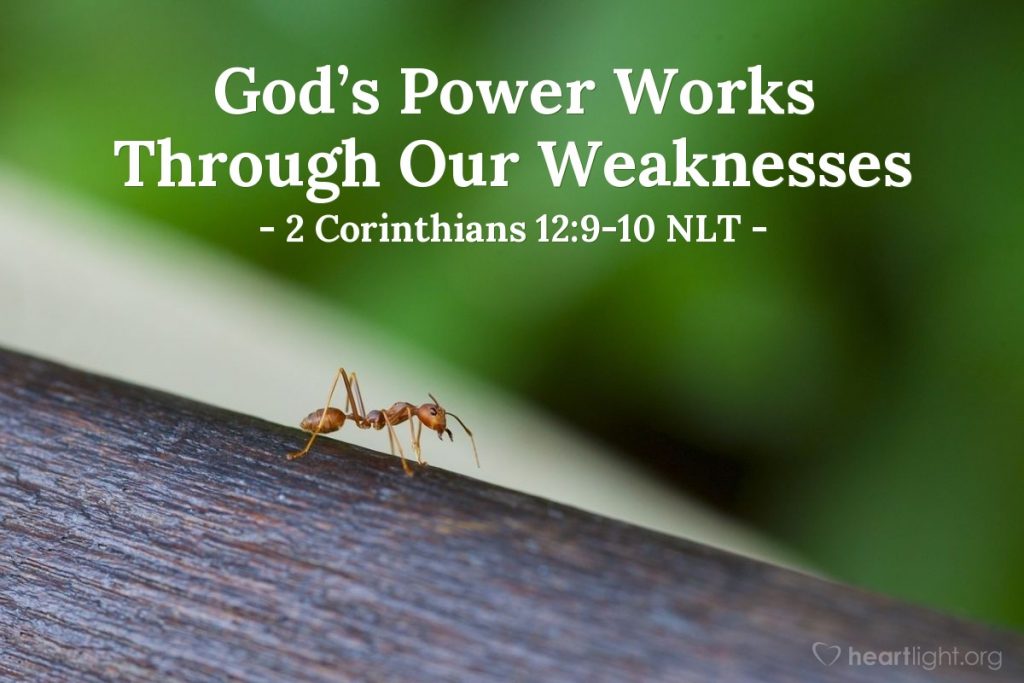
Leaving an adoration chapel empty-hearted is like going to a store for something you need and not buying anything. As many window shoppers can tell you, that form of retail just reminds you of what you lack. By not making a true investment of self in your prayers before God, you’re reminded how empty you feel.
This Sunday’s readings remind us why God has a special place in His heart for people who ask Him to fill that void.
The first from Sirach (Sir 35:12-14, 16-18) shows us the power of prayer that rises out of our emptiness.
The prayer of the lowly pierces the clouds; it does not rest till it reaches its goal, nor will it withdraw till the Most High responds, judges justly and affirms the right, and the Lord will not delay.
He answers our prayer with what we are meant to take away from our visit to any chapel built around the Blessed Sacrament: the power to leave it and share God’s grace with others in need of fulfillment. As Timothy tells us in Sunday’s second reading (2 Tm 4:6-8, 16-18),
The Lord stood by me and gave me strength, so that through me the proclamation might be completed and all might hear it. And I was rescued from the lion’s mouth. The Lord will rescue me from every evil threat and will bring me safe to his heavenly kingdom.
As we know from Christ’s Beatitudes, The Kingdom of Heaven is especially open to the Poor in Spirit. He also told us that those who hunger and thirst for righteousness will be filled. The ultimate danger to any soul is not emptiness, but seeking false fulfillment—in believing that earthly power is self-sustaining. It’s why we need to keep returning to the chapel that is God’s heart.
In Sunday’s gospel reading (Lk 18:9-14), Jesus gives us insight into the empty soul of a Pharisee who is ignorant of his own emptiness. Jesus quotes his misdirected prayer:
‘O God, I thank you that I am not like the rest of humanity — greedy, dishonest, adulterous — or even like this tax collector. I fast twice a week, and I pay tithes on my whole income.’
That prayer was directed toward his own ego. By separating himself from his brothers and sisters, that Pharisee separated himself from God. According to Jesus, God’s Kingdom is among the broken who seek healing—as we hear in the prayer of the tax collector whom the Pharisee shunned.
‘O God, be merciful to me a sinner.’
Jesus reminds us that whoever exalts himself will be humbled, and whoever humbles himself will be exalted. That’s the power behind our weakness: the wisdom that comes from getting to know God is our strength. A rich life is well spent continuously going back for more.
–Tom Andel